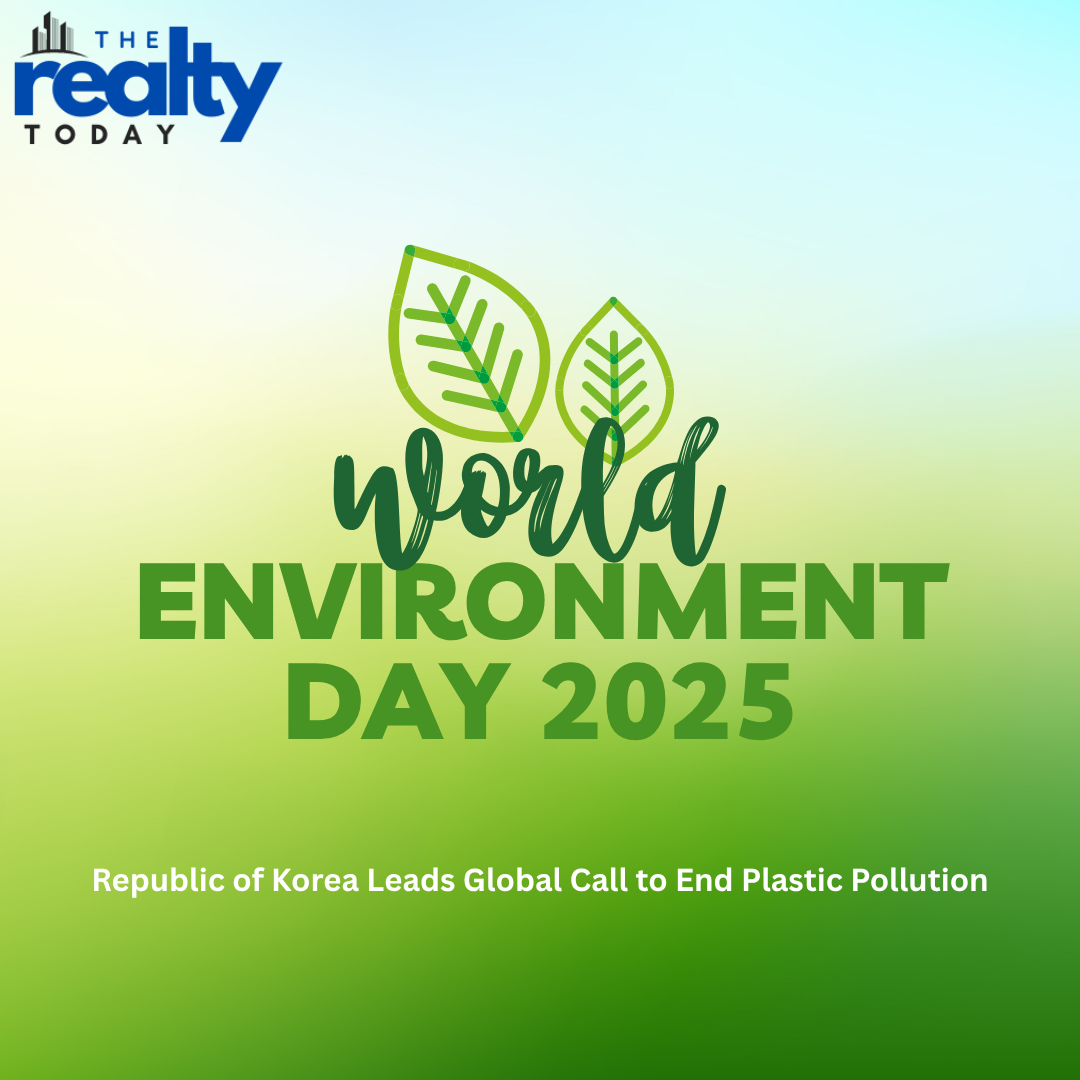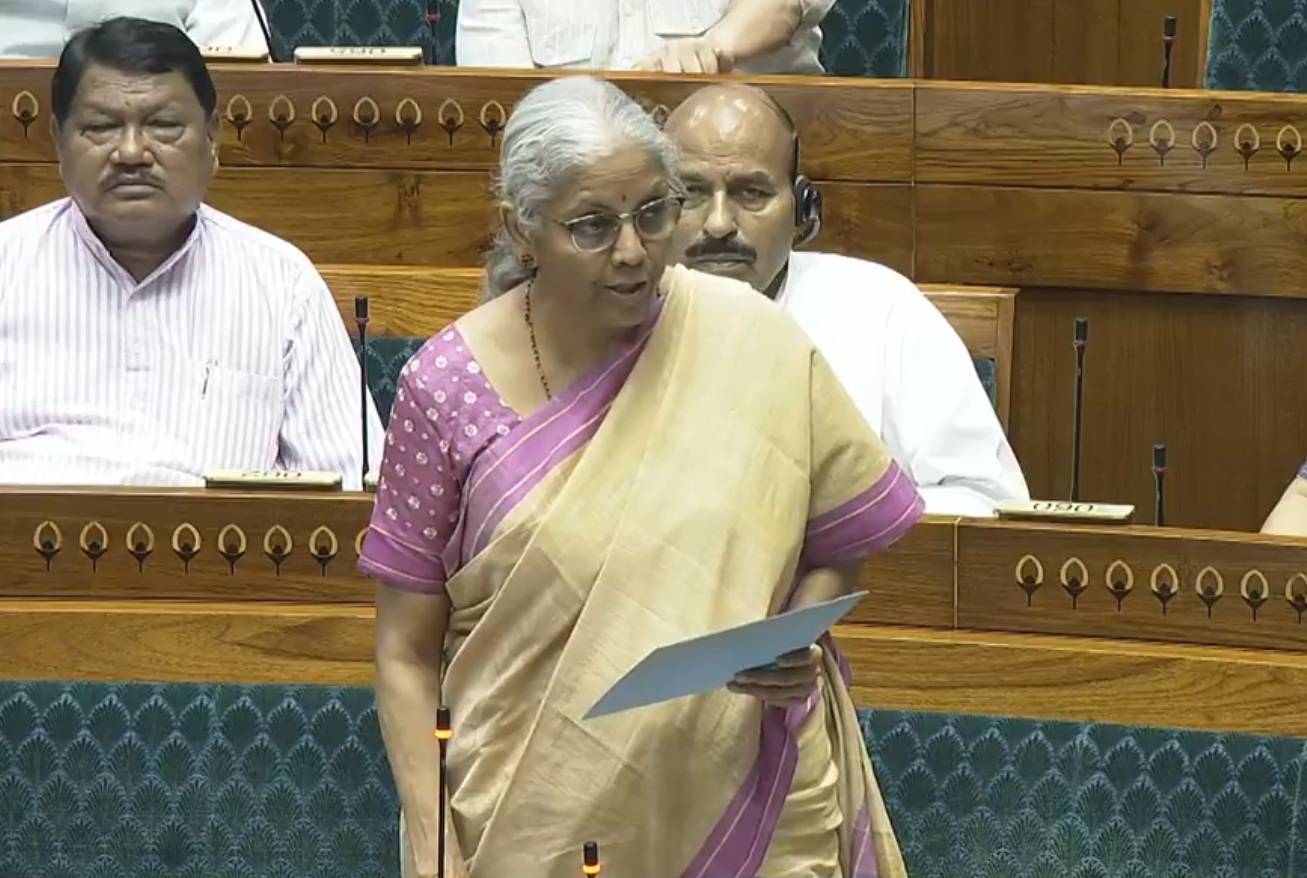Every year on June 5, World Environment Day draws global attention to a major environmental issue. In 2025, the Republic of Korea hosts this international observance, with a clear goal: mobilize action to eliminate plastic pollution. As the world produces hundreds of millions of tonnes of plastic annually, this year’s campaign focuses on cutting waste at the source and shaping long-term strategies for plastic management.
The United Nations Environment Programme (UNEP), which coordinates the event globally, confirms that Korea will lead the day’s events. The announcement coincides with a crucial phase in global negotiations to develop a legally binding treaty to end plastic pollution—a process that Korea supports both politically and logistically.
The Rise of a Global Environmental Platform
World Environment Day has evolved significantly since its first edition in 1973. Initially conceived as a platform to raise environmental awareness, it has expanded to reach audiences in over 150 countries. The day is now used by national governments, international organizations, businesses, and civil society to announce policies, organize clean-up drives, promote sustainable products, and host educational events.
Each year, a different host country takes the lead, offering the world a localized lens through which to view global challenges. From air pollution to ecosystem restoration, past themes have touched on a wide range of issues. In 2025, plastic pollution takes center stage—a problem that affects oceans, soil, human health, and economies worldwide.
Why Plastic Pollution Is a Critical Theme
Plastic is present in virtually every product. Its lightweight, low-cost, and durable nature makes it a preferred material for packaging, consumer goods, textiles, and construction. However, the very qualities that make plastic appealing also create long-term problems. Most plastic is not biodegradable. Once discarded, it can persist in the environment for hundreds of years.
Of the 430 million tonnes of plastic produced annually, two-thirds are used for short-life products. Many of these end up in landfills, rivers, or the ocean. Marine life is particularly at risk, with plastic entangling sea animals or being mistaken for food. Microplastics—tiny fragments resulting from the breakdown of larger pieces—are now found in seafood, drinking water, and even the air.
Addressing plastic pollution requires more than recycling. It calls for redesigning products, changing consumption patterns, regulating production, and improving waste systems. These issues form the foundation of the 2025 theme.
Korea’s Role as Host and Advocate
The Republic of Korea brings both infrastructure and political will to the table. The country’s Ministry of Environment is spearheading the coordination of the 2025 event. Korea is not new to environmental diplomacy; in 2024, it hosts the fifth session of the Intergovernmental Negotiating Committee (INC) on Plastic Pollution, where discussions aim to finalize a draft of a global plastic treaty.
Korea also has experience in national-level waste management. It operates structured recycling systems and has introduced various policy measures to reduce plastic dependency, including restrictions on plastic bags, incentives for biodegradable materials, and programs that promote consumer responsibility.
As host of World Environment Day 2025, Korea plans to showcase its progress, facilitate international dialogue, and offer a stage for stakeholders to collaborate and commit to concrete actions.
Intergovernmental Plastic Treaty: A Global Milestone
Parallel to the observance of World Environment Day is the development of a global treaty to address plastic pollution. Initiated by UNEA Resolution 5/14, adopted in 2022, the treaty represents a unified response to the environmental crisis. Its aim is to regulate the full life cycle of plastic—from design and production to disposal and recovery.
The treaty focuses on several key areas:
- Reducing unnecessary plastic production
- Banning certain single-use plastics
- Supporting reuse and refill models
- Strengthening international cooperation on waste management
- Funding research and innovation in alternatives
With Korea hosting the crucial fifth round of negotiations in 2024, the treaty is expected to be completed before World Environment Day 2025. This timing gives the event added importance. Governments may use the day to endorse or announce steps toward treaty implementation.
Activities Leading Up to the Day
World Environment Day campaigns do not begin and end on June 5. Planning usually starts months in advance. UNEP and its partners create toolkits, digital campaigns, and resource materials to support organizers globally. These materials are adapted to local languages and needs, enabling diverse participation.
In Korea, schools, universities, and community organizations are expected to conduct education programs, exhibitions, and waste audits. Government agencies are preparing outreach campaigns to engage citizens and promote behavioral shifts in consumption and waste habits.
On the international front, World Environment Day 2025 will include:
- Global webinars and panel discussions
- Documentaries and media features
- Clean-up drives in urban and coastal areas
- Product redesign competitions
- Innovation showcases for sustainable packaging
Through these events, the focus remains on participation. Whether someone recycles at home, attends a workshop, or joins a clean-up, their action contributes to the campaign’s impact.
Link to Broader Environmental Goals
Plastic pollution is not an isolated issue. It intersects with many broader environmental and health concerns. Plastics are often made from petrochemicals, which tie the issue to climate change. The burning of plastic waste releases toxins and greenhouse gases. Mismanaged plastic waste contributes to urban flooding and hinders soil fertility.
Reducing plastic use and improving waste systems support multiple Sustainable Development Goals (SDGs), including:
- SDG 3: Good Health and Well-being
- SDG 6: Clean Water and Sanitation
- SDG 12: Responsible Consumption and Production
- SDG 13: Climate Action
- SDG 14: Life Below Water
- SDG 15: Life on Land
By promoting the reduction of plastic, World Environment Day 2025 supports progress across sectors, from fisheries to agriculture and public health to tourism.
Private Sector and Community Involvement
The private sector plays a major role in plastic production and waste. For this reason, companies are under increasing pressure to reform their practices. Many corporations now face questions about packaging choices, supply chain sustainability, and waste responsibility.
World Environment Day 2025 provides a platform for companies to announce sustainable shifts. Some may introduce refill stations or biodegradable packaging. Others may pledge investments in recycling infrastructure or research into alternative materials.
At the community level, grassroots organizations often lead the charge. These groups conduct local clean-ups, run zero-waste stores, advocate policy changes, or educate youth about sustainable living. Their contribution often bridges the gap between policy and practice.
Measuring Progress and Setting Goals
One of the challenges in plastic pollution control is tracking impact. Countries vary in their data collection and reporting mechanisms. World Environment Day 2025 may encourage countries and cities to improve monitoring—such as publishing plastic footprints, mapping waste hotspots, or releasing progress reports.
Increased transparency can strengthen accountability and accelerate reform. Open data platforms, like the World Environment Situation Room, may play a greater role in supporting decision-makers and researchers.
Korea’s Ministry of Environment may also present metrics related to its national plastic strategy, offering benchmarks and lessons for other nations.
Looking Beyond 2025
While the events of World Environment Day last a day, their objective is to generate sustained momentum. The treaties, campaigns, and partnerships born during this period aim to continue shaping policy and public behavior.
By 2026 and beyond, success may be measured by:
- The rate of decline in plastic waste
- The number of countries implementing bans or restrictions
- Investment levels in alternative materials
- Public participation in reuse and recycling programs
The legacy of World Environment Day 2025 depends not only on pledges but also on follow-through.
World Environment Day 2025 brings plastic pollution into sharp focus. Hosted by the Republic of Korea, the event aligns with international negotiations for a global plastic treaty and rising public concern about the environmental and health impacts of plastic.
With governments, businesses, and civil society joining forces, the Day is set to drive meaningful change. It highlights the need for new systems of production and consumption, stronger regulations, and active community engagement. The message is clear: plastic pollution is preventable. Solutions exist. World Environment Day 2025 is an opportunity to accelerate those solutions, globally, nationally, and locally.









